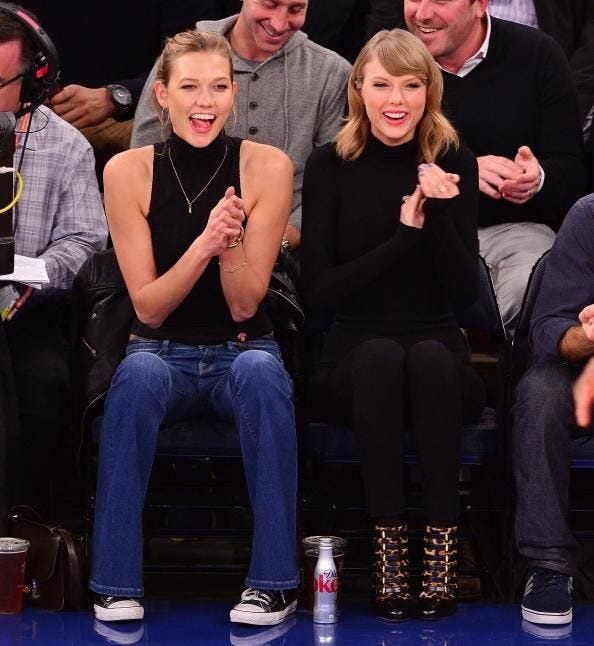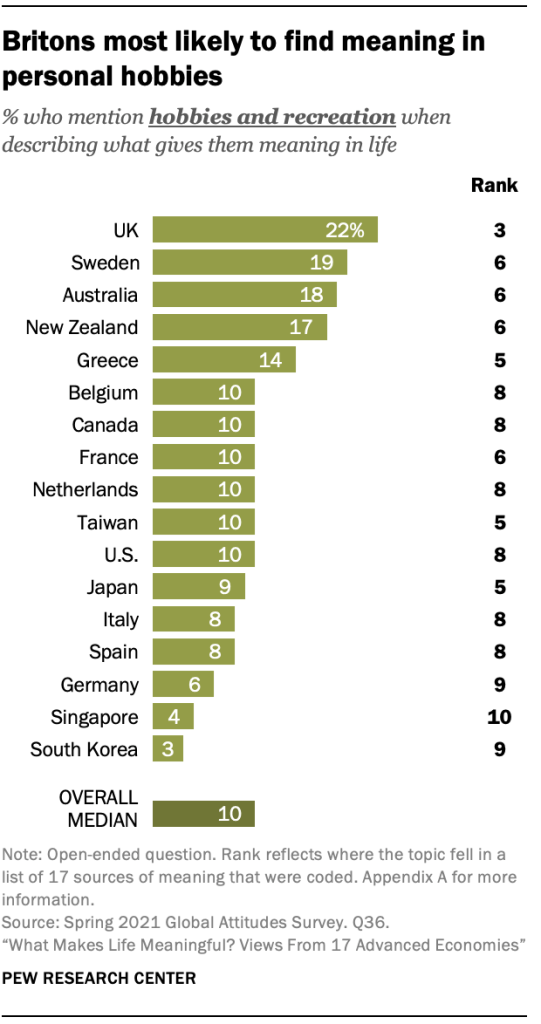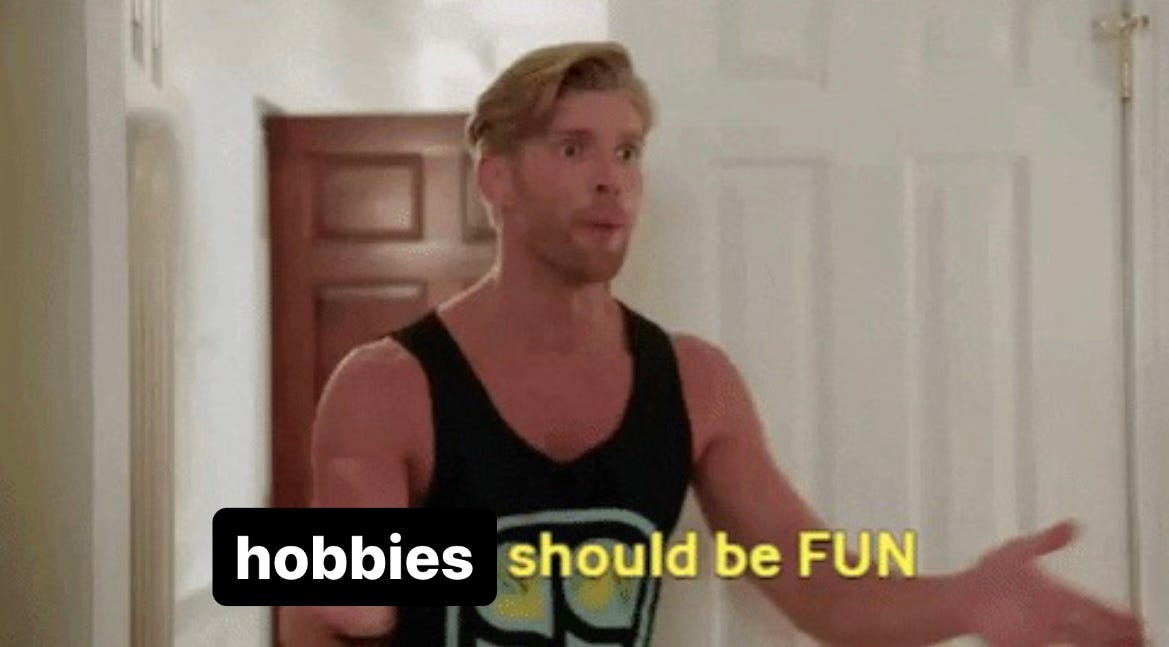The Madness in Our March
You could call this the Emily For President NBA Show, if you think about it
This post is too long to appear in full in your inbox. I don’t know where it will cut off in the email version, but it will be available online. See you there!!!
I know I’m far from the only one talking about basketball in March (ESPN reported that over 22 million March Madness brackets were made on their site this year just for the men’s tournament alone), but I’m proud to brag share that I’ve found a unique avenue into the conversation: we’re going to talk about the NBA instead! While I normally don’t condone men having podcasts, today’s guest (and Fibula, in case he’s reading this and/or likes me back on Raya) gets a pass.
This week, I’m joined by Sean Jones to talk about how his lifelong love for basketball led him to launch his podcast and content hub—and some of the harder parts of pursuing a creative project that often goes undiscussed.
I’m Sean Jones, just your classic annoying sports fan that thought people cared enough about his opinions to start a podcast—except I actually really do know my stuff. I’m an NBA content creator that, two years ago, started a show called The Sean Jones NBA Show.
I’m currently a one-man show, and not only do I host the show, but I do all my own recording, editing, producing, content prepping, promoting, statistical research, and graphic design. I’ve hosted and produced 45+ podcast episodes to this point, and in tandem, also produce written work and video content.
Hoops, Am I Right? (…Am I?)
For me, sports and team affiliation were always more nurture than nature. It’s why all three Sharp kids enjoy watching hockey and refused to abandon the Boston Red Sox before 2004.1 I use that as the reason why I never really got into other sports—they just weren’t relevant in my life.
By this I mean to say the extent of my basketball knowledge comes from a combination of High School Musical and photos of celebrities sitting courtside at games.
The same can’t be said for Sean, evidently. To kick things off, I asked:
Emily: What initially drew you to basketball?
Sean: For some reason or another, the year 2008 was monumental for my love of basketball. I was in 5th grade, and it was the exact time that I got into both following professional basketball as well as playing it myself. I have distinct memories of playing pickup games during recess with the same six or seven guys every day. I’d be wearing a button-down shirt and jeans in 80-degree weather, but it didn’t matter—I was still more than willing to sacrifice the dryness of my clothes to get a game in.
My love for the sport of basketball definitely coincided with my passion for following the NBA. It really is a beautiful game: it’s fast-paced, star-centric, and back and forth. It’s complex, yet also simple. It has a unique combination of mixing a heavy emphasis on the basic fundamentals of the game, like boxing out, pumps fakes, and taking care of the ball, as well as the flashy, momentum-swinging, highlight plays such as a posterization, a step-back three-pointer, or a nasty crossover.
Having talent is extremely important, as it is in any sport, but basketball is also such a game of effort, much more so than most other team sports. Also, because of the fact that only five players play at a time, it allows one single player to dominate in a way that you just don’t see in football, soccer, or baseball, for example.
I could go on and on about what makes basketball so unique and awesome to me, but I will save you from tangent-ing any further.
Emily: What is the primary thing you get out of talking about basketball with as much passion and as frequently as you do?
Sean: I feel like it is the thing I know the most about in the world, so getting to talk about it in a formal setting is pretty awesome. I’ve built up an embarrassment of useless knowledge and I have a lot of opinions about the NBA, so it is a great creative outlet for me to share those opinions and make that knowledge feel less useless.
It acts as 1) a productive hobby for me to put time and energy into that I can be proud of, 2) an opportunity to entertain people or help them think about the NBA in a way that they may not have before, and 3) a way to potentially kickstart my career if the opportunity came along. Clearly, I love watching and talking about the NBA if I’m willing to literally talk to myself about it for hours at a time.
Before we went any further, I wanted to quality-check Sean’s ability to keep his opinions objective in the name of journalistic integrity:
Emily: Do you ever catch yourself having a biased take? Do you have a favorite team?
Sean: I’m about as diehard of a Phoenix Suns fan as you are ever going to meet, but I try my absolute hardest not to let it affect my objectivity in evaluating them as a team. I think I do a pretty good job—I only do segments on them when it’s truly relevant and I try to be as realistic about their ceiling as possible. Like for example, do I think the Suns can win the title this year? Sadly, I really do not. But the funny thing about talking about your favorite team is that it’s equally as difficult to not be extremely negative about them as it is to be too high on them.
The one area where my fandom definitely bleeds in, and I wouldn’t call this bias really, is when referencing past examples to help make a point. Because I follow them so closely, I have the exact specifics of many of their seasons, games, stats, etc. disgustingly ingrained in my brain.
I often use precedent and other teams’ past performances as examples to strengthen an opinion I have, and since I know this team so well, they are often the first thing that comes to mind.
As of 2023, about 38% of Americans “follow professional or college sports at least somewhat closely…This includes 16% who follow sports extremely or very closely. And 7% of U.S. adults are what might be called ‘superfans’: They follow sports extremely or very closely and talk about sports with other people at least daily” (X).
If you couldn’t tell, Sean fell into the superfan category well before he started his podcast, but I was still curious to know:
Emily: Do you feel your relationships with basketball and the NBA have changed since starting this project? If so, how?
Sean: Not drastically. I think maybe the biggest thing is that I feel a little bit more obligated to watch games and pay closer attention to everything, even when I have other things going on in my life. As a regular fan, obviously, your attention to detail can come and go at your leisure, but if I go three or four straight nights without watching any games or at least catching up on the NBA Twitter world, then I can feel a bit behind or that I might be doing my listeners and/or my product a disservice.
Without further ado (I say over 1,000 words into this piece), let’s talk about Sean’s product.
Rome The Sean Jones NBA Show Wasn’t Built in a Day
Maybe it’s just me but I thought podcasts were a relatively new phenomenon, circa sometime in the early 2010s. I don’t know why, since podcasting as we know it is as old as Olivia Rodrigo (2003), and its earliest predecessors were first seen in 1989 (Taylor’s Version).2 The reason why I—and perhaps some of you—have been Mandela-effected into believing podcasts are newer than they are is likely because the rate at which podcasts are being developed and listened to has grown exponentially over the last decade in particular.
According to the Pew Research Center,
the share of Americans who listen to podcasts has substantially increased over the last decade. As of 2023, 42% of Americans ages 12 and older have listened to a podcast in the past month, according to “The Infinite Dial” report by Edison Research. This has remained relatively constant since 2020, when 37% had listened to a podcast in the past month.
A decade ago, in 2013, just 12% of Americans 12 and older said they had listened to a podcast in the past month. In 2023, 31% of those 12 and older said they have listened to a podcast in the last week, up from 26% in 2022 and 7% when this was first measured in 2013.
That means that nearly 140 million people listen to at least one podcast episode a month which is two million more than the number of people who voted in the 2016 presidential election, for scale.3
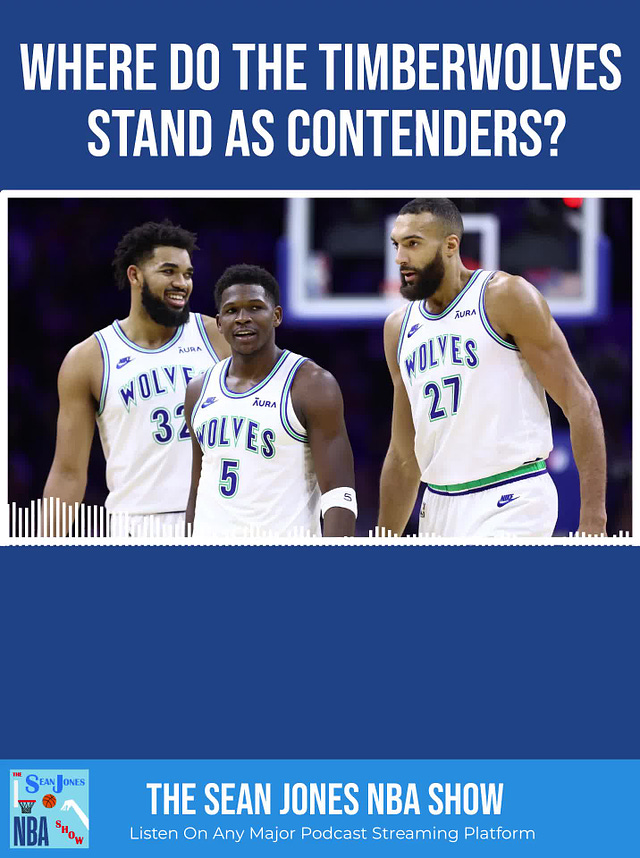
 Tiktok failed to load.
Tiktok failed to load.Enable 3rd party cookies or use another browser
This is, in large part, another result of Serial’s immediate popularity (the other result being, as previously discussed, our country’s rabid obsession with true crime content). According to a piece in the New Yorker from 2014, Serial ranked at No. 1 on the iTunes podcast chart before it debuted and held that spot for weeks. While the show is widely regarded as a spinoff of the similarly popular pod, This American Life, Serial’s presence in our culture allowed for other creators to expand the scope and style far past what podcasts had previously been known for.
All of this is to say that because podcasting is now an ever-growing market (it’s estimated that there are more than 700,000 currently active podcasts with that number growing every time a conservative with an Amazon Prime subscription has something to say), creators need to find their niche lest they become redundant.
Sean has done just that, combining traditional sports commentary with precise statistical analysis only he can offer. I asked Sean:
Emily: What is your one-sentence tagline pitch for The Sean Jones NBA Show?
Sean: A show dissecting anything and everything surrounding the NBA world—including instant reactions to big games, analyzing NBA draft prospects, reacting to major player transactions, predicting team success, explaining salary cap implications, or discussing any general trends across the league.
Emily: Can you share the origin story of The Sean Jones NBA Show? What led you to start it and what has your experience been like so far?
Sean: The NBA has quite honestly been my biggest passion since I was 11 years old. Anyone who has known me over that span of my life has known me to be a basketball junkie, human sports encyclopedia, stats nerd, or whatever you want to call it. And while I may prefer the term “basketball savant,” they’re not definitely wrong. I could recite every NBA champion since 1980, I could tell you the exact playoff bracket for every season over the past 15 years, and I have vivid memories of distinct plays from games that happened over a decade ago. Even as an adult, I often turn down opportunities to go be social with friends if there’s a big game on that I need to watch.
I had always dreamed of putting my passion and knowledge to better use than annoying my friends with it, and so in 2022, I had a little extra free time and decided, why not try this out as an outlet for me to get my thoughts out there? To be honest, starting a podcast was never something I envisioned myself ever doing, and it was truly more of an impulsive decision that I just started to mess around with one day, but it’s a decision that I’m glad I made.
As I’ve gotten older, I’ve realized that it’s important to 1) have a creative outlet and 2) to do things you’re passionate about. Making NBA content has been the perfect medium for me to accomplish both of those things. At the same time, it’s been a massive learning experience.
When I started out, my sound quality was awful because I was using decade-old headphones to record and I had no idea what I was doing from a production standpoint. Additionally, my delivery is night and day from what it was when I first started. Early on, the filler words were just unbearably frequent and I sounded like a legitimate robot with how monotone I was on the recordings. In retrospect, I think that was likely due to a lack of confidence in what I was doing initially, but as the repetitions have gone up, so has the confidence and so has the quality.
Aside from just the podcast, I also have expanded the scope of my content as well. I create all my own graphics for my articles, website, episode preview videos, etc., and have even started doing more video content on Instagram and TikTok recently as well, on top of transitioning my longstanding Twitter (sorry, not saying X) account into an NBA dedicated one.
The transformation of my content from standalone, low-quality audio files to a full portfolio of high-quality content across multiple platforms has been a great experience all in itself, and at the very least, it gives me a hobby that I thoroughly enjoy.
Uh oh! Sean said the H Word which means—you guessed it—it’s time to once again talk about hobbies! Relax, I have fresh material to talk about today.
According to multiple studies (namely one focused on the effects of hobbies on mortality and healthy life expectancy in community-dwelling elderly adults, and one focused more broadly on the relationship between leisure and daily well-being), setting aside time for ourselves and our hobbies greatly improves our quality of life. The latter of the two found that its “participants had more positive and less negative mood, more interest, less stress, and lower heart rate when engaging in leisure than when not” (X).
It’s interesting then that only a median of 10% of global participants surveyed in 2021 said they find the most meaning in their hobbies:
I’m no Pew Research Center but something about this just isn’t adding up. The more frank conversations I have in person and online with people about their hobbies—be it watching movies or building an NBA content empire—the more I’ve come to see how significant our pastimes are to our overall quality of life.
And, speaking from personal experience, my hobbies—primarily shit-talking on the internet with all of you every Monday—have a deeper meaning to me than they did even four years ago when I was still in college. When I was a kid, my hobbies were tools to run my energy down so I was ready for bed by 8 pm.4 In high school, extracurriculars were to get into a good college. Then in college, I commodified my hobbies so I could put them on my resume. Now, I’m doing this because I genuinely want to most of the time. I don’t have research besides my certified stamp of “because I said so” to support this, but I was curious to know:
Emily: Do you think our hobbies become more important to us as we age? If so, why do you think that is and was it the case for you?
Sean: Definitely. I think as we get older and more mature, people feel more comfortable leaning into the things they’re passionate about without fear of being judged. To be quite frank, I think if this was something I had done earlier in my life, I think there is a good chance I’d get made fun of for it or judged for putting myself out there. And hey, maybe those things are still happening behind closed doors, but they aren’t things that I’ve experienced firsthand thus far and I don’t think I’d really care even if I did.
Also, I’m 27 now and turning 28 this year, and I feel like I’m reaching the point in my life where people are starting to settle down a bit and it’s much less about things like going out every weekend and more about being a bit selfish and doing things that make you happy. Doing this does make me happy and is the kind of hobby that brings me fulfillment, which is the kind of thing I think I should be focusing on at this point.
Unfortunately for Sean, happiness can only last for so long here on E4P before I ask serious questions about problems that don’t always have solutions. Every day is a joy!!!
How to Succeed at Podcasting By Really Trying
I will say that the word hobby feels almost too small to describe what Sean has created. I’ve been quietly watching him post about this project on Instagram for a while now—as I imagine any number of people I went to high school and college with do on Mondays, hi by the way—and the commitment and dedication he has to his podcast is immediately visible even to the most casual of his social media followers.
And while I do mean all of the love and light talk I have to say about hobbies, I’ll admit there are some weeks when I don’t want to put out an E4P installment. Sometimes I’m tired, I’ve procrastinated, or I missed last week’s Abbott Elementary and there is nothing in the world I want more than to watch it and go to bed at 5:30 pm. Worse still, countless times I’ve second-guessed my contributions to a piece so much that I brought it to my next therapy session to work through. This is supposed to be fun!!!
We all have doubted our output in our professional lives—and if you haven’t, what is it like to be God’s favorite?—but the doubt cuts a little different when it’s about something meant to bring you joy.
Thinking about how I feel regarding all of this, I wanted to ask Sean:
Emily: You're creating something of a Sean Jones NBA Cinematic Universe between recording a podcast, writing articles, and crafting visual content on your own. What is the ultimate goal of all of your efforts?
Sean: Ultimately, I would really love to make this my career at some point. I currently have a full-time job working in the IT consulting space, and so that obviously has to serve as my top priority right now. Am I passionate about IT consulting? I certainly wouldn’t go that far, but I’m not sure anyone truly would.
Combining my passions with my career would be a dream come true. With that said, there aren’t a lot of people in the sports journalism and media industry who majored in Math and Computer Science and that break into the industry with zero real-life work experience in the field. That makes me a very atypical candidate for any company bringing on new content creators, and so I have to make myself marketable somehow.
As of now, my plan has just been to continue to build up my portfolio and body of work in hopes that any lack of industry experience can be outweighed by the hard work I’ve put in on my own and I can let my content speak for itself.
Do I think I’ll ever reach that goal and get to do it for a living? I’m skeptical, but I don’t say that to mean that I don’t think I’m good enough to do it, I truly do believe that I am. I just am not naive to the competitiveness of the industry. But if it never happens, that is also okay. I would never view this as a failure or a waste, because at the very least, it serves as a productive hobby and creative outlet for me to do and talk about things I’m passionate about, and that’s something that not everyone can say that they have.
Emily: What is the time commitment required to create as much content as you do when content creation isn't your full-time job?
Sean: I won’t lie, it is a lot. As I mentioned, I do have a full job so finding the time to also work on all this stuff can be extremely difficult. When I want to drop a new episode, it’s not as easy as just popping the mic out and recording for an hour. I typically spend, at minimum, a few hours prepping before I record. If I’m going to make a take, I often need some stats to back it up, and it can be time-consuming to find exactly what I’m looking for.
All of my prep is typically an hour or two, depending on the specific episode. Then my episodes are usually around an hour long, so that’s another hour right there. Then I obviously need to check the recording to make sure something didn’t cut off or there wasn’t some bad background noise, so that is another hour. So that has it at roughly three to four hours before I even post anything. The posting process is pretty quick and once an episode is released, I always make thumbnail images for my website, which is another 30 minutes or so.
And then lastly, I like to do preview videos for most episodes to post to social media to help promote them and act as a more digestible way to listen. This takes a lot of time as well because I have to find the audio snippet I want from the episode and do edits depending on where I’m pulling it from. Then I have to find video content to add to it and add in my own personal graphics, etc. All in all, the preview videos are usually one to two hours as well.
That puts us at a grand total of five to six hours of work per episode, assuming I do the whole shebang. Of course, I skip preview videos for some videos or spend less time with prepping if I’m pressed, but it takes a LOT of time doing this all on your own regardless.
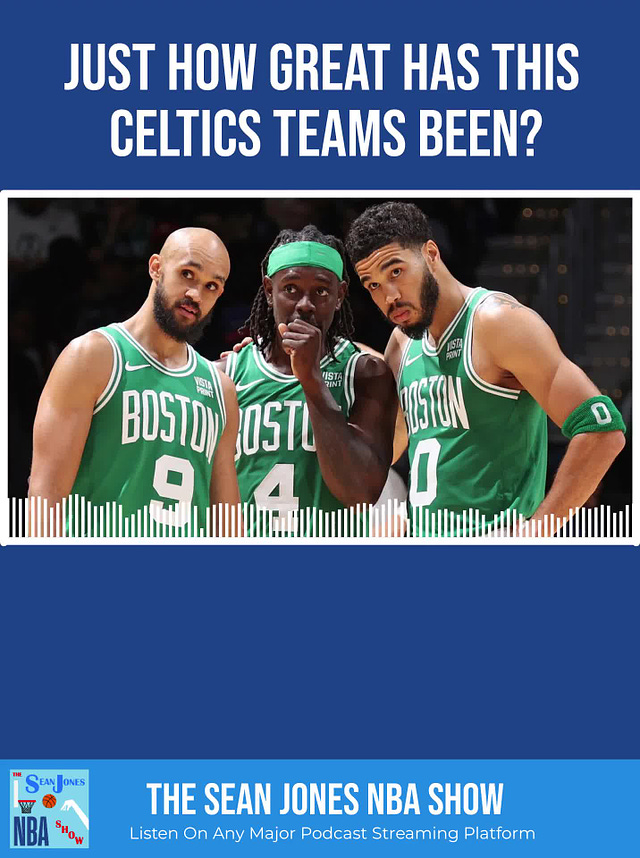
 Tiktok failed to load.
Tiktok failed to load.Enable 3rd party cookies or use another browser
Emily: Has producing all of this content ever become tiresome? If so, how have you worked through those feelings?
Sean: It can most definitely be tiresome. The NBA world moves quickly. There are games every single night, so if you wait a day or two to discuss something you planned to talk about, then it may not even be relevant by the time you get to recording and releasing it. Any stats you reference will change with every game that passes and so they may not even fit the narrative you’re trying to create anymore.
This puts me on a demanding schedule, and sometimes it’s a schedule that can be overwhelming when you work a full-time job and are attempting to have a social life as well. I have had many, many times where I’ve been up until 1 or 2 am finishing up an episode or finalizing the edits on a preview video knowing damn well that I have to wake up at 6 am the next day to go to the office for my real job.
But because I truly love what I’m doing and feel extremely accomplished every time a new episode drops, the time commitment and tiredness don’t affect me too much. To be honest, I consider it to be time well spent. I’m expressing my passions and working on my craft, so I don’t really view it negatively.
I think it’s naive to assume that there will not be downsides or hard days when you create content and put it out for others to consume. I say that because I did assume it when I first started E4P. But I think keeping a handle on and a practical head about everything that might come your way is the only option to keep creating, lest you want to quit.
Knowing from our conversation that Sean has both a better handle on and a more practical head about his project than I do mine, I wanted to learn from him. I asked:
Emily: What has been the hardest experience or lesson to learn through creating and building out your content?
Sean: I obviously haven’t “blown up” or anything like that, so I think maybe the hardest part can be putting so much time and effort into it when you know you don’t have some massive following. It doesn’t really bother me because I know that I’m getting a lot out of it for myself and I’m trying to build up my portfolio of work if an opportunity were to present itself, but that doesn’t mean it wouldn’t be nice to know that I have a larger following that was eager to hear or read my next piece of content.
Also, the majority of people I’m close with are not NBA fans at all, or at least not the way I am. I have always told people, “Hey, if you aren’t a fan, there’s no point in listening because you’re just gonna be bored or lost,” and so I have been very intentional not to pressure people or push it on anyone who I know likely won’t enjoy it anyways.
That means there are a lot of people I’m very close with in my life that I don’t get to “share” it with, and of course, it would be nice to be able to do that. Everyone is still very supportive, of course, but who wouldn’t want the people they love to fully immerse themselves into the thing that you dedicate hours and hours of time to perfecting?
To prepare for this piece, I listened to a handful of Sean’s podcast episodes all the way through as well as snippets from several others. While I can’t say I understand the game of basketball any more than I did before listening, I didn’t need to to be entertained. Something I’ve noticed from talking to people about the things they are the most passionate about is that regardless of whether or not I even understand what they’re doing, it is the love that people have for their projects that makes them worth consuming.
Sean can tell people they don’t need to listen if they’re not superfans and that’s his prerogative. But if you like basketball or sports commentary in general, or you’re my dad and you just really love math, you’ll find something in Sean’s podcast that he might not have even known was there.
The Fourth Quarter
One of the E4P-related insecurities I often bring to the red table (aka the SimplePractice video chat) is feeling like I’ve inserted myself too much in my guest’s story. While assembling this piece, though, it’s been very hard not to, as I’m sure you can tell. A lot of what Sean said in the last section speaks to things I regularly feel when putting together an installment. And yet, this is actually my favorite thing I’ve ever done and I don’t know what I would do without it I don’t know how to quit you.
I think I enjoy talking about hobbies with others so much because whenever I do, I often get this nearly indescribable feeling, this odd kind of yearning people have for something bigger and better while also expressing so much gratitude for the current moment. I couldn’t shake it while working with Teff on his piece last month and I felt it while reading through all of Sean’s answers today. And, like we did at the end of Teff’s piece, I wanted to ask Sean about what he wants to do with his podcast in the future in a way that wasn’t boring or tied to a five-year plan:
Emily: What role does The Sean Jones NBA Show currently play in your life?
Sean: I think it is a huge part of my life and who I am at this point. Probably my top two priorities in life right now are the actual job I have that pays me real money and lets me actually live a life that I enjoy and the people that I care about, which to me, is easily the most important. But outside of those two things, I’d say that this is a strong candidate to slot in at number three.
I think that sentiment has spread to the people in my life as well. When I talk small talk with people that I maybe haven’t seen in a while, “How’s the podcast going?” is one of the first things I often get asked, so I certainly think that people associate it with me at this point. But of course, I am a strong believer in not making one thing your entirely personality, so I definitely am not the guy rambling on about it for hours or constantly bringing it up to groups of people that couldn’t care less about it—I try my best to read the room.
Emily: When you think about your future, where do you see The Sean Jones NBA Show in it?
Sean: I think it is definitely going to continue to be a part of my life, at least in the foreseeable, near-term future. As I’ve mentioned, my goal is to use this to help me eventually fulfill my lofty career aspirations.
If those aspirations were to never come to fruition, do I see myself being 50 years old with multiple kids in their teens and still doing this? Maybe not, but who knows. I have no planned time frame for anything and am just enjoying the ride as of now.
There’s a part of me that wants to get a little wistful and wax all melancholic about the passage of time and how much control we have over the trajectories of our lives and futures in response to what Sean just said.
But that’s only a small part of me. The rest of me, naturally, wanted to close out today’s piece by asking:
Emily: Fuck, marry, kill the three best teams in the NBA right now.
Sean: I’ve been steadfast for months now that the three best teams are the Boston Celtics, Denver Nuggets, and Los Angeles Clippers, in some order. With that said, this is a pretty easy kill, fuck, marry for me.
You have to marry the Nuggets. They have the best player in the world, are coming off an NBA title, and most importantly for someone you are going to marry, are consistent and reliable as hell.
I would fuck the Celtics. They’re the most talented team in the league, they’re having a historically dominant season, and are the sexy pick to win it all this year…but are we absolutely sure we can trust them in the playoffs? To an extent, but so far they haven’t been able to get over the hump. Someone who is good-looking but questionably reliable when it matters most? Sounds like a good hook-up to me.
And then easily kill the Clippers. They are very good, don’t get me wrong, but man are they historically untrustworthy. They’ve made the conference finals only once in the franchise’s history, are led by two of the most injury-prone stars we have in the league, and this season, added a third one who is almost synonymous with playoff choke jobs. It’s hard not to watch them play and just hold your breath that someone doesn’t get hurt—not exactly wifey material if you ask me.
Some weeks here at E4P, things get a little doom and gloom. And some weeks, someone says that they would fuck the Boston Celtics. Like Sean and his podcast, I don’t know yet all the places this newsletter will go but I’m really glad it was here.
Thank you so much to Sean for doing this!!! Check out The Sean Jones NBA Show on Spotify and Apple Music, and check out all of his content on his website here!
Mind you all, I’m the oldest and was six when the Red Sox broke the Bambino Curse but it’s family lore that Bill tried to convince us to become Yankees fans so we, quote, wouldn’t end up as heartbroken every season as he was.
I’ll be faithful to my brand (aka being annoying) until the end.
Please make sure your voter registration is active, and register to vote if it’s not!
Jokes on my parents—I’m genetically predisposed to insomnia!





